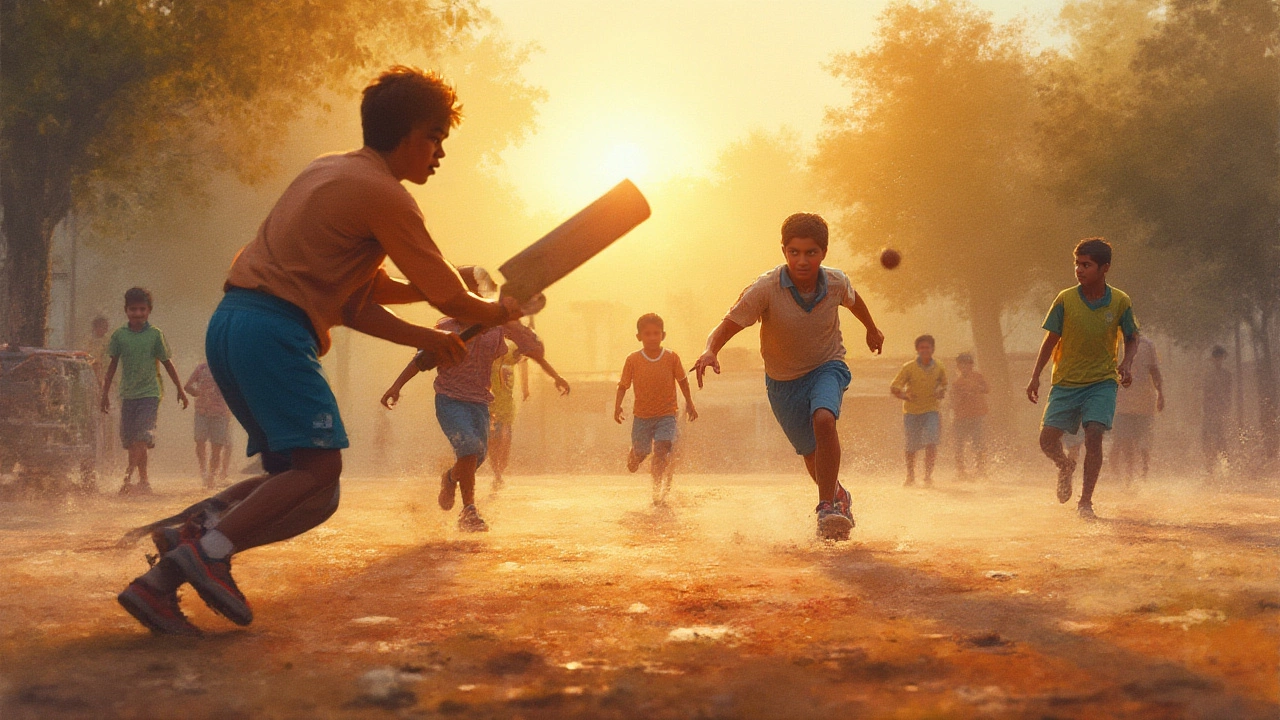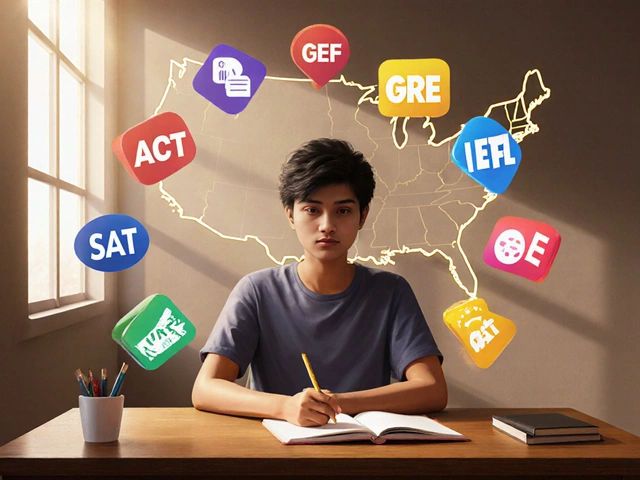Ever notice how some folks just light up the room when there's a contest brewing? Maybe it's the kid in your class who turns even a spelling bee into Olympic drama. Or your coworker who won't rest until their sales chart towers over everyone else's. Competition is everywhere—and so are competitive people. But what's firing them up in ways the rest of us don’t always understand?
Why are some people so competitive?
Competition isn’t just about wanting to win; it’s about being wired a little differently. Some people have a natural hunger to strive, to measure up, and to beat the best—sometimes even if there’s nothing at stake. What’s interesting is that it doesn’t all boil down to childhood trophies or “tiger parenting.” Genetics play a part. A study from King’s College London found that about 30% of our urge to compete is actually inherited. If your uncle is that guy who can’t resist a quiz night throwdown, well, your DNA might be nudging you in the same direction.
But it’s not just parents or genes at work. The culture around us also shapes our drive. In countries where scoring high marks gets you praise, prizes, or better opportunities, students turn into natural competitors. Look at sports-obsessed places, and you’ll see the same fire. Psychologists also point out that self-esteem and self-worth matter. For some, proving themselves in competition is how they feel seen and valued. Instead of just enjoying the task, it’s the thrill of besting someone else that hits the sweet spot.
Then there’s social proof. Ever noticed how when one person starts hustling hard, others follow? That’s “social contagion” in action. A study published in "Nature Communications" in 2017 tracked activity trackers at a U.S. university. When one student ran farther, their friends laced up faster too. Rivalry isn’t just private—it's contagious.
Brain science joins the party too. MRI scans reveal that competitive people get a rush of dopamine (the “feel good” chemical) during contests, whether they win or lose. For some, losing just cranks up their urge to do better next time. As psychologist Dr. John Nicholson puts it,
“Competition is addictive for the human mind because it’s both a chance to prove ourselves and an opportunity to connect with others by sharing the struggle.”
But what about people who avoid competitive heat altogether? Some crave achievement without the rivalry, seeking to beat their own best rather than outpace others. In the world of psychology, they’re called “mastery-oriented,” while the win-at-all-costs crowd is “performance-oriented.” The split isn’t always that neat, but it helps to understand our own wiring.

How competition shapes learning, work, and relationships
If you think competition is only about races or exams, think again. The urge to stand out (or avoid being left behind) shapes school, jobs, and even friendships. In classrooms, schools often rank kids by marks, setting the stage for rivalry from an early age. Some research claims this sharpens students’ focus, leading to higher achievement—up to a point. When British researchers analyzed GCSE performance, they saw that moderate, friendly rivalry raised test scores by about 12%, compared to more isolated learners.
Yet, not everyone shines under pressure. For students with anxiety or low confidence, competition can backfire, squashing curiosity and turning learning into a chore. That’s why some schools try “cooperative learning,” where students work together instead of against each other, balancing motivation with less stress. Both styles—rivalry and teamwork—have a place, and the trick is knowing which student thrives in which environment.
Workplaces are a hotbed for competition, whether it’s who closes the deal, snags the promotion, or racks up the most positive reviews. Healthy competition can lift ambition, but toxic rivalry can tank morale. According to a 2018 Deloitte survey, about 55% of employees said competition with colleagues pushed them to try harder, but 29% reported feeling anxious or isolated because of it. The magic ingredient is psychological safety: knowing that you won’t be punished for trying—and failing—while reaching for the top.
Relationships aren’t immune, either. Friendly competition can spice up friendships or parent-child bonds—the family game night!—but it can also brew grudges if things turn ugly. In romantic relationships, feeling valued for who you are, not just what you achieve, matters way more than outdoing your partner.
So, how can you tell if competition is helping or hurting? Spot the signs: If you’re more excited by doing your best, not just winning, you’re channeling rivalry the right way. If envy or stress spikes every time a friend advances, it's worth checking what the real goal is. Ask yourself, “Am I competing to grow, or to prove someone else wrong?”
| Setting | Positive Effects | Possible Downsides |
|---|---|---|
| School | Better focus; higher scores; builds grit | Stress; can lower self-esteem; discourages collaboration |
| Work | Boosts productivity; fuels innovation | Burnout; workplace tension; reduced trust |
| Relationships | Makes interactions fun; motivates self-growth | Leads to resentment; erodes closeness; triggers jealousy |

Tips: Channeling your competitive streak for success (not stress)
All this talk about rivalry might sound exhausting, but competition isn’t the bad guy. It’s about how you use it. Channel it right, and you set yourself up for wins big and small. Spin out of control, and you just wind up anxious—or lonely. Here’s how to make your inner competitor your strongest ally, not your harshest critic:
- Pick your battles with purpose. Don’t dive into every contest just because you can. Choose challenges that actually matter to you, where growth or meaning is on the line, not just bragging rights.
- Stay curious about your rivals. Rather than seeing them as enemies, look at what they’re good at. Swallowing a bit of pride to learn from someone else can actually make you better, faster.
- Set “process” goals, not just “outcome” goals. Instead of focusing only on the trophy, ask yourself: What skills do I want to master? What habits will get me there?
- Keep your “why” clear. Are you driven by passion, or fear of falling behind? If it’s always the latter, it’s time to step back and refill your tank with self-belief.
- Let go of perfection. Nobody wins every time, and losing is a better teacher than most trophies. If you can laugh about defeat, you’re already ahead of the pack.
- Connect, don’t isolate. Celebrate other people’s wins too. Gratitude and generosity are as catchy as rivalry—and make you someone people want on their team.
- Pace yourself. Treat competition like a marathon, not a sprint. Rest, recharge, and let your brain and body catch up with your ambition.
By the way, people who manage to blend high ambition with high empathy, tend to top both performance and happiness charts. Harvard Business Review found that companies with “cooperative rivalries”—where employees push each other but also support—earn nearly double the revenue per employee compared to highly individualistic workplaces. It turns out that when competition gets paired with encouragement, everyone levels up.
So next time you bump into that fiercely competitive colleague or friend (or catch that fire in yourself), don’t just brush it off as ego. Competition is as deeply human as laughter—and it’s all about what you do with it once it comes knocking.






Write a comment: